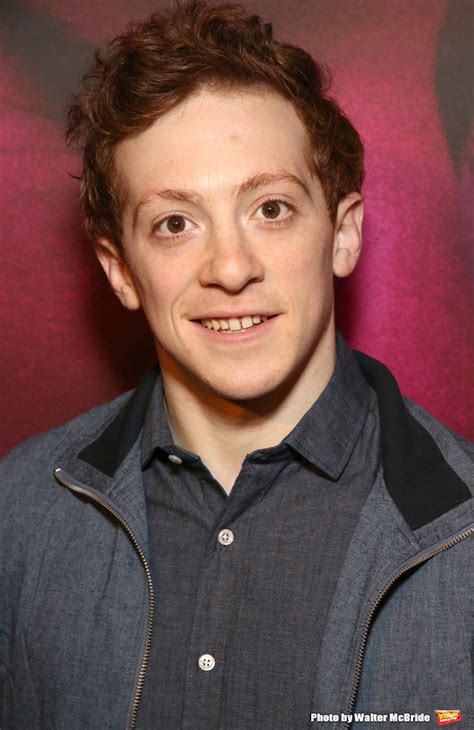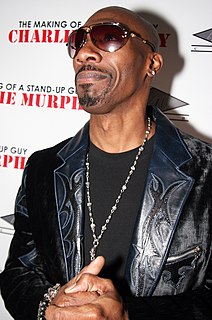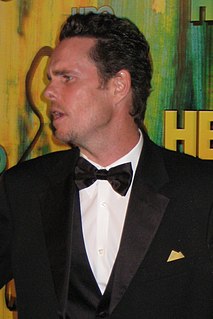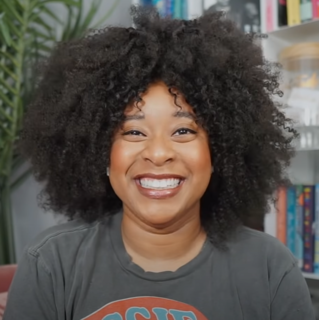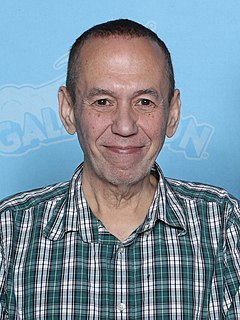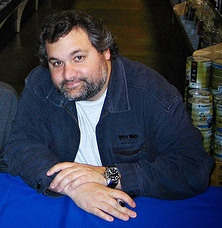A Quote by Ethan Slater
One of the things I've found about SpongeBob's movement style is that, in addition to being animated and sort of stretching and squeezing, he's really based on the classic silent comedians, physical comedians.
Related Quotes
You have comedians who just do jokes, and they're called comics, not comedians. You have comedians that do bits - a person that has a lot of jokes that have a beginning, a middle and an end, but it's not a real story. And you have someone that does great stories, the one that blends those things together - that person is doing comedy.
You can't expect everyone to laugh or applaud you for doing edgy things. Sometimes you'll miss. But I think comedians are artists and there's a value in failure. It kind of works both ways between comedians and audiences. The audience has to understand that comedians are going to sometimes tell a joke that doesn't work out with dark subjects, and the comedian has to understand that sometimes they 'll fail and it's not the audience's fault for not getting it or loving it.
